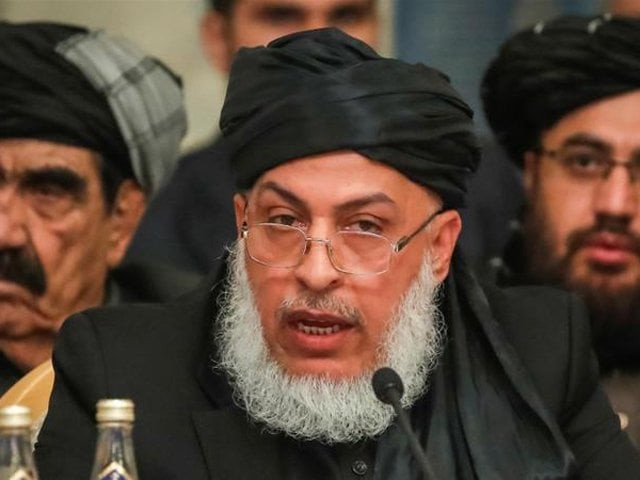Taliban’s summer offensive 2020?
Violent groups operating in Afghanistan have to decide whether they support Taliban or relocate themselves

PHOTO: REUTERS/FILE
The report hints at the probable summer offensive which the Taliban high command has unofficially conveyed to its shadow governors in different provinces of the country. If Afghanistan braces itself for a summer offensive then an upsurge in violence will definitely entail, resulting in multifarious challenges for the region. With nearly 55,000-85,000 foot soldiers under localised Taliban security structures, a spring assault may be carried out in a flexible and dynamic way.
Normally, a high violence cycle in Afghanistan creates spikes of savagery in the region especially in those countries which share a considerable contiguous border with Afghanistan. Pakistan should therefore be well prepared for an expansion of violence and its Law Enforcement Agencies (LEAs) must be on high alert if such a violent excursion is carried out by the Taliban in the coming days.
The report spells out serious setback to Islamic State (IS) in Afghanistan and said that many of its diehard supporters have laid down their arms before the local security networks.
Interestingly, the report cites that the total districts under Taliban control have reduced as compared to last year. This may be one of the reasons for the Taliban military command to carry out the spring offensive to regain the lost districts or at least consolidate their foothold on the 60% of the contested area between the Afghan National Force and the Taliban insurgents. The IS is now operating in silos to maintain their presence in and around Kabul. With nearly 2,000 supporters still fighting for the Caliphate cause, the group may seem to be down but not out of the battlefield. These IS affiliates can pose a major threat to the security and stability of Pakistan. Many individuals among these IS soldiers may now be in a state of confusion and must be looking for other groups for protection and financial support. They can easily be used by any regional actor to perpetuate its objectives. We have already seen how the isolated groups of IS have staged multiple attacks in Kabul to destabilise the peace process in the last few months.
The report also sheds light on various approaches of different Taliban factions to gain control of the country. One of the groups thinks that the Taliban should continue violence which may ultimately lead them towards final victory. Another thinks that violence is the ultimate rallying factor which has been galvanising them during hard times for nearly 20 years. As educational facilities are closed on account of the coronavirus pandemic, the Taliban can expand their recruitment base as well. Moreover, unemployment rates are expected to surge in the region in the months ahead and human fodder for battlefield can easily be obtained. The violent groups operating in Afghanistan have to decide whether they support the Taliban or relocate themselves to another place. This may also put pressure on the US administration to curb violence in the country and keep on monitoring activities of the Taliban.
The Tehreek-e-Taliban Pakistan (TTP) members along with Baloch insurgents taking shelter in different parts of Afghanistan are likely to shift back to the border region of Pakistan and may reignite terror in parts of the country. The security apparatus must therefore work on such elements and distil information about their movement and activity. The spring offensive 2020 appears to be on the cards as the Taliban sense an opportunity to strengthen their position in Kabul through judging the possible reaction from its partners in peace.















COMMENTS
Comments are moderated and generally will be posted if they are on-topic and not abusive.
For more information, please see our Comments FAQ